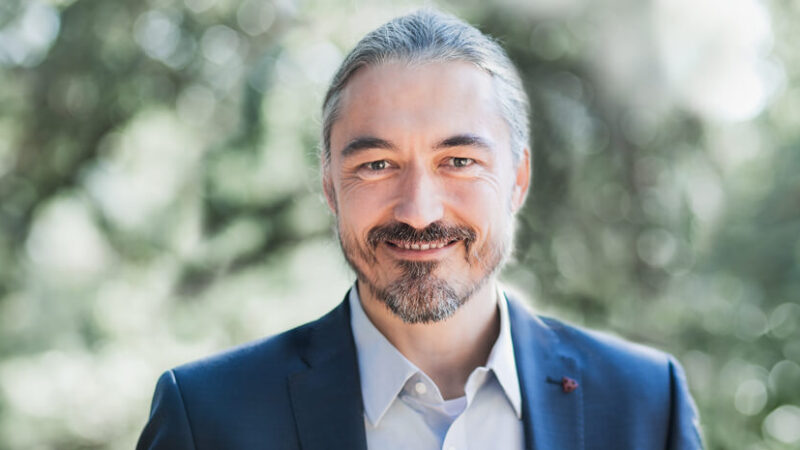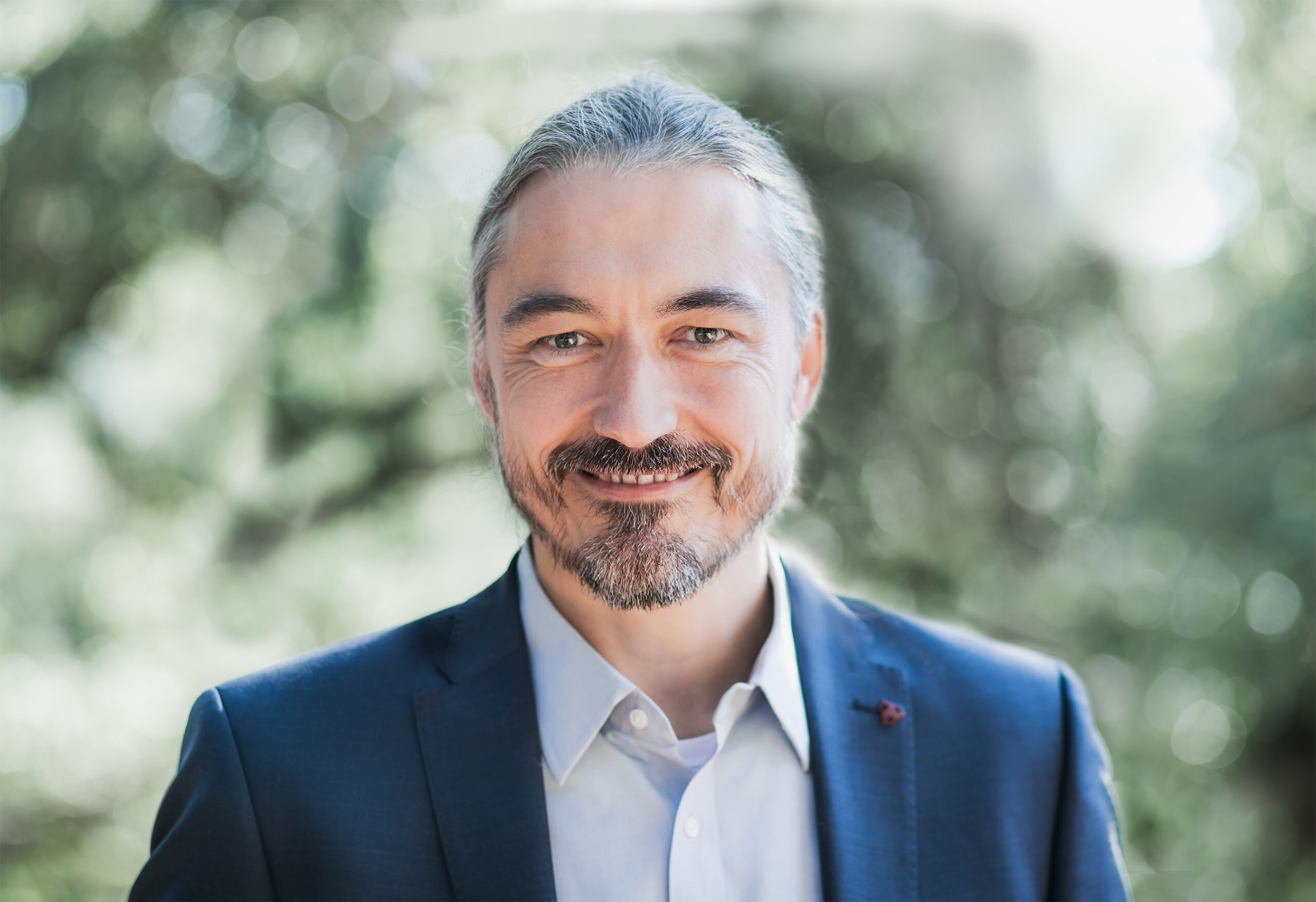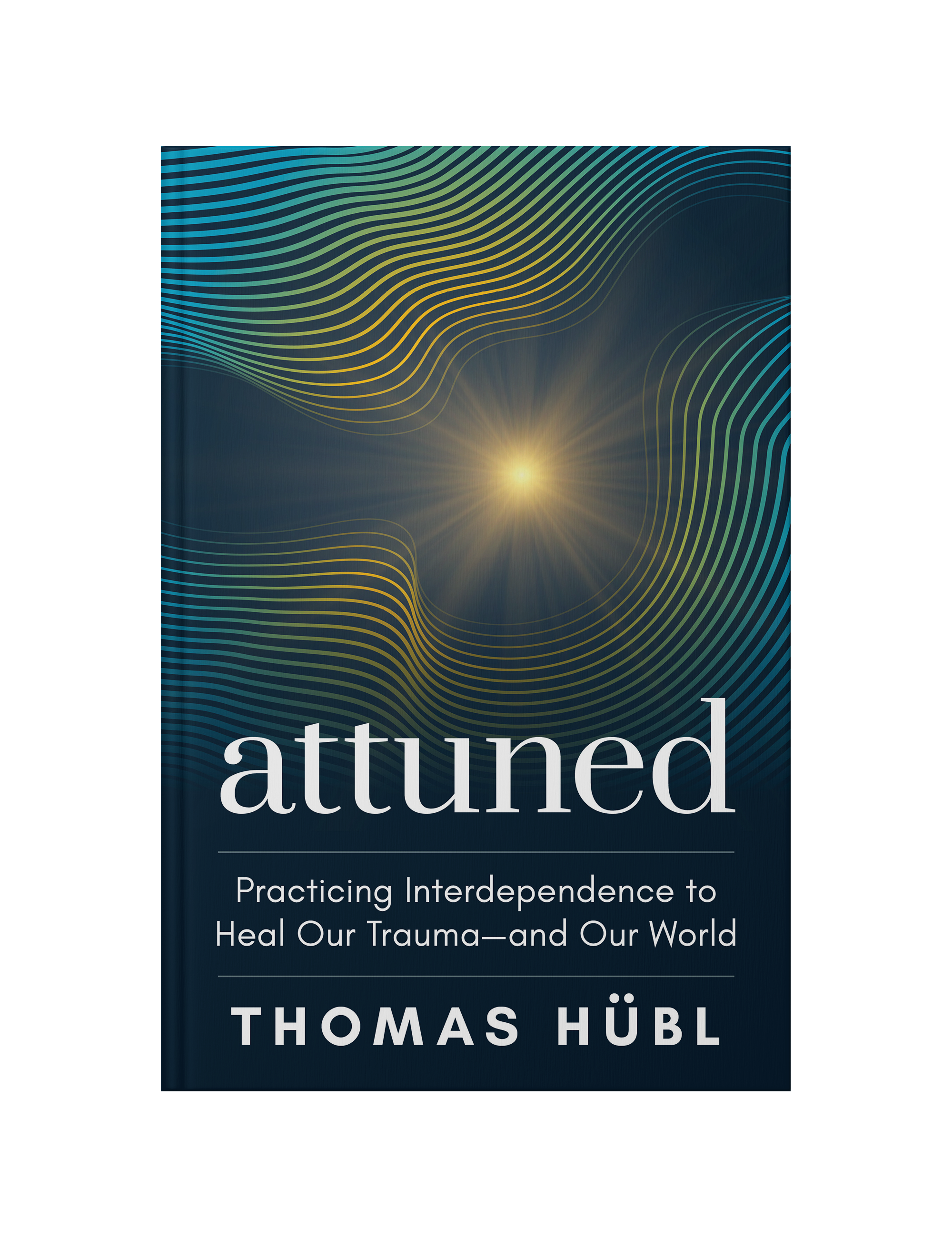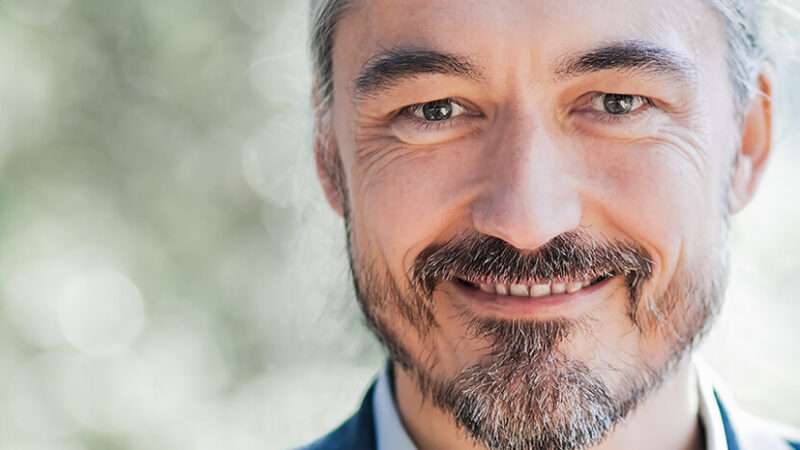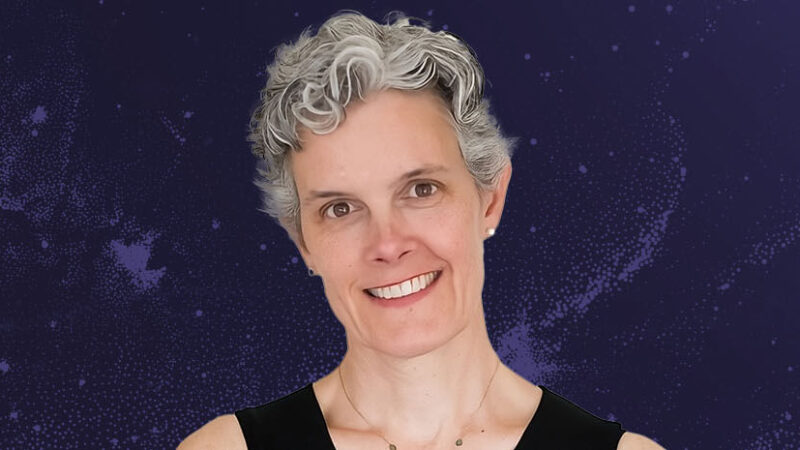Thomas Hübl: Alchemizing Individual, Ancestral, and C...
Visionary teacher Thomas Hübl is leading the way toward a new era of trauma healing on the individual, ancestral, and collective levels. In this podcast, Tami Simon speaks with Hübl about his new book, Attuned: Practicing Interdependence to Heal Our Trauma—and Our World, and his unique synthesis of mysticism, science, and the world’s wisdom traditions.
Give a listen to this deeply inspiring, deep-end conversation exploring: Presence and the alchemy of the past in the now; the concept of relational coherence; post-traumatic learning; avoiding presence as a way to protect oneself; attunement versus numbness; our interconnected nervous systems; ethical development; privilege and responsibility; increasing our ability to remain grounded; the power of feeling met; global witnessing groups; bringing love to the edge of a conscious universe; the three-sync process for becoming more aware of your body, emotions, and mind; and more.
Note: This episode originally aired on Sounds True One, where these special episodes of Insights at the Edge are available to watch live on video and with exclusive access to Q&As with our guests. Learn more at join.soundstrue.com.

